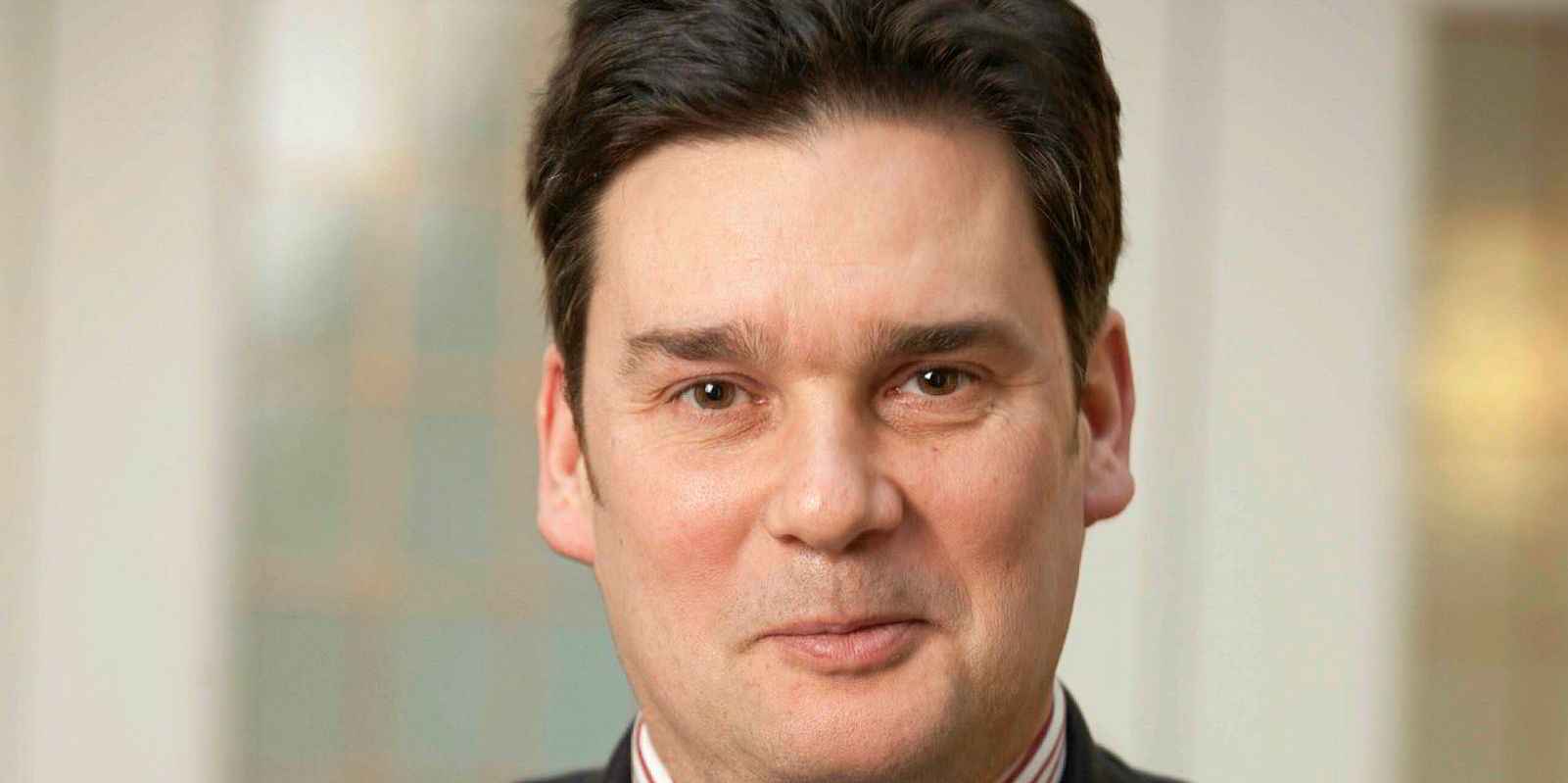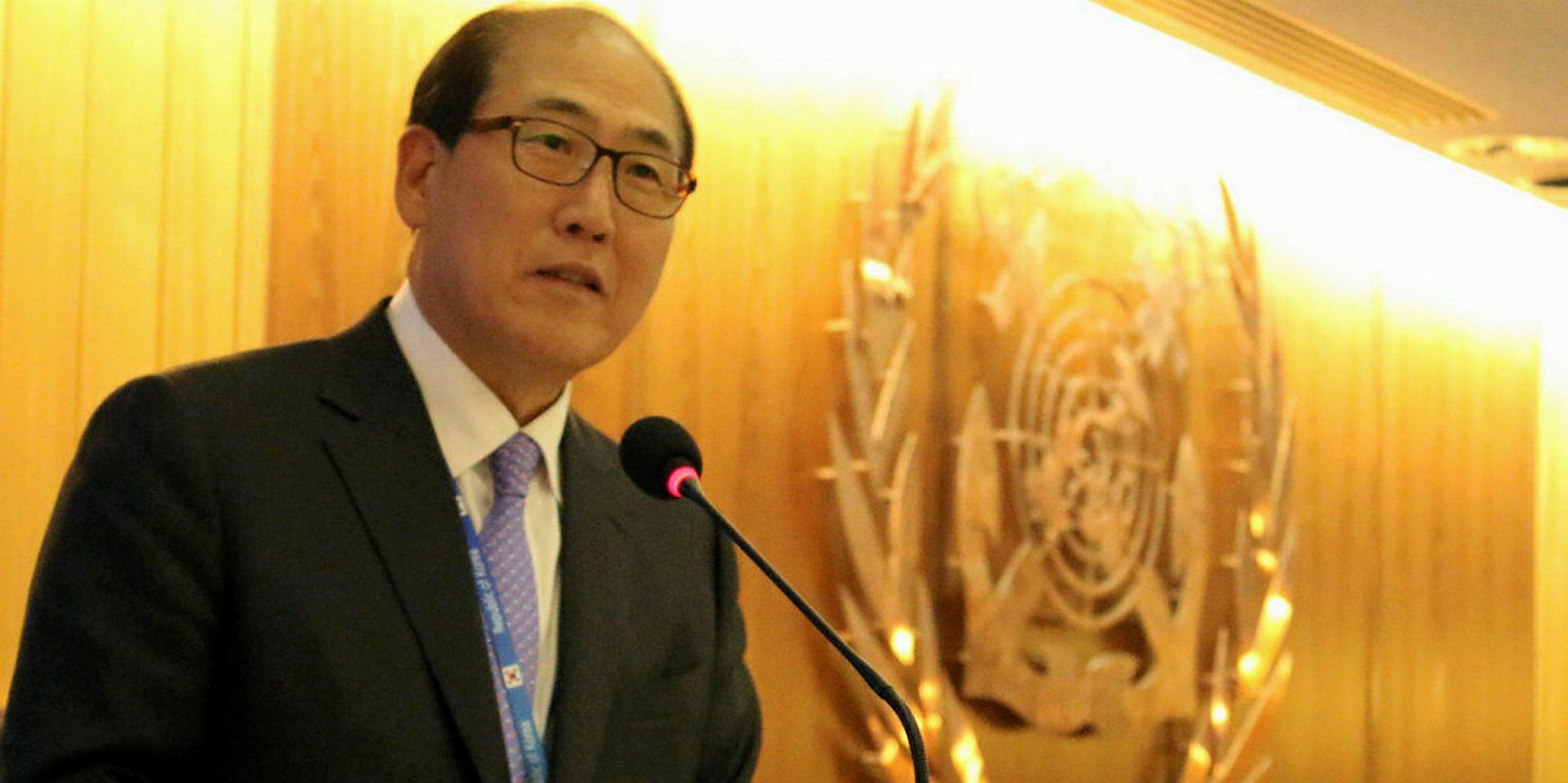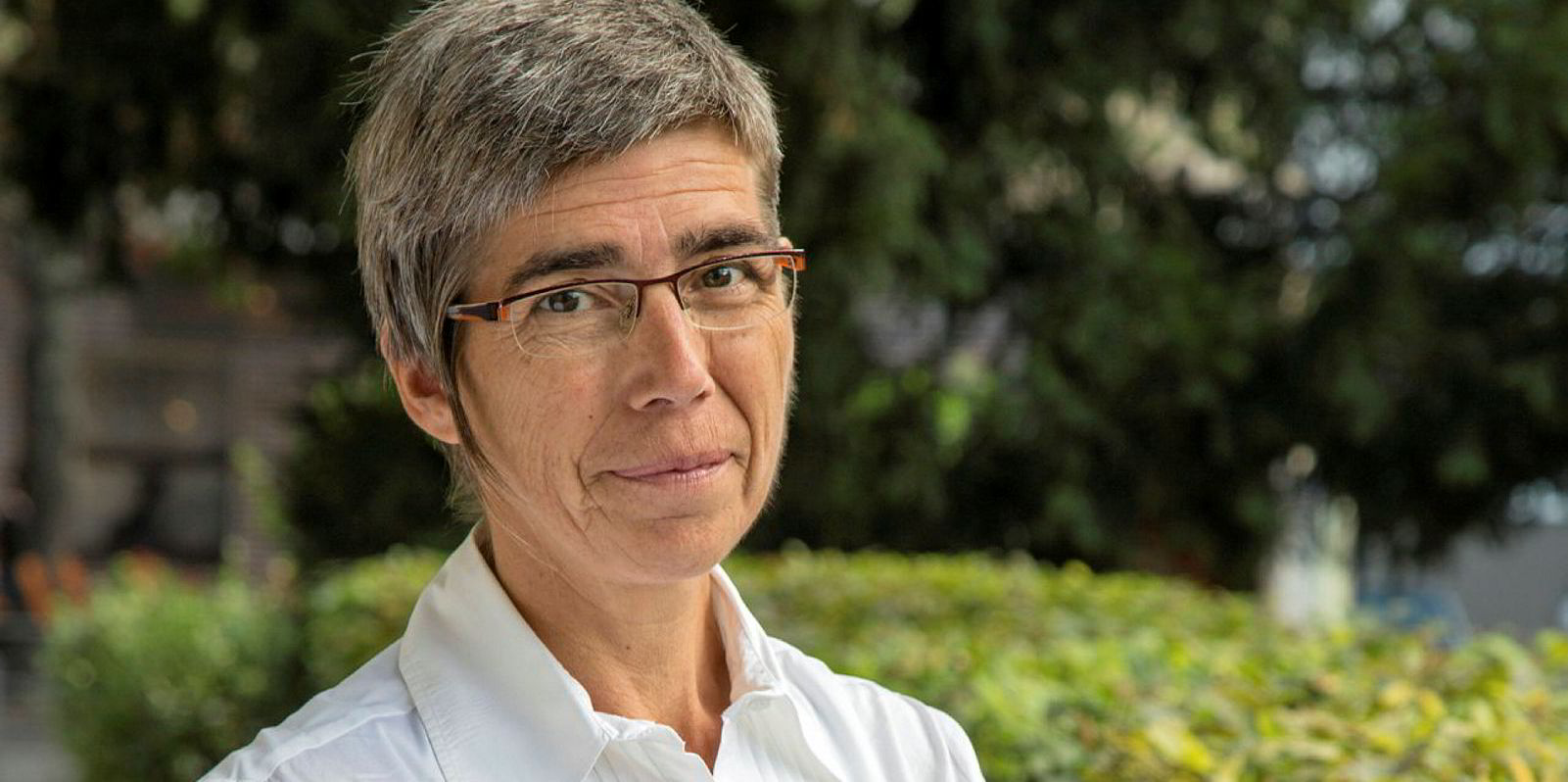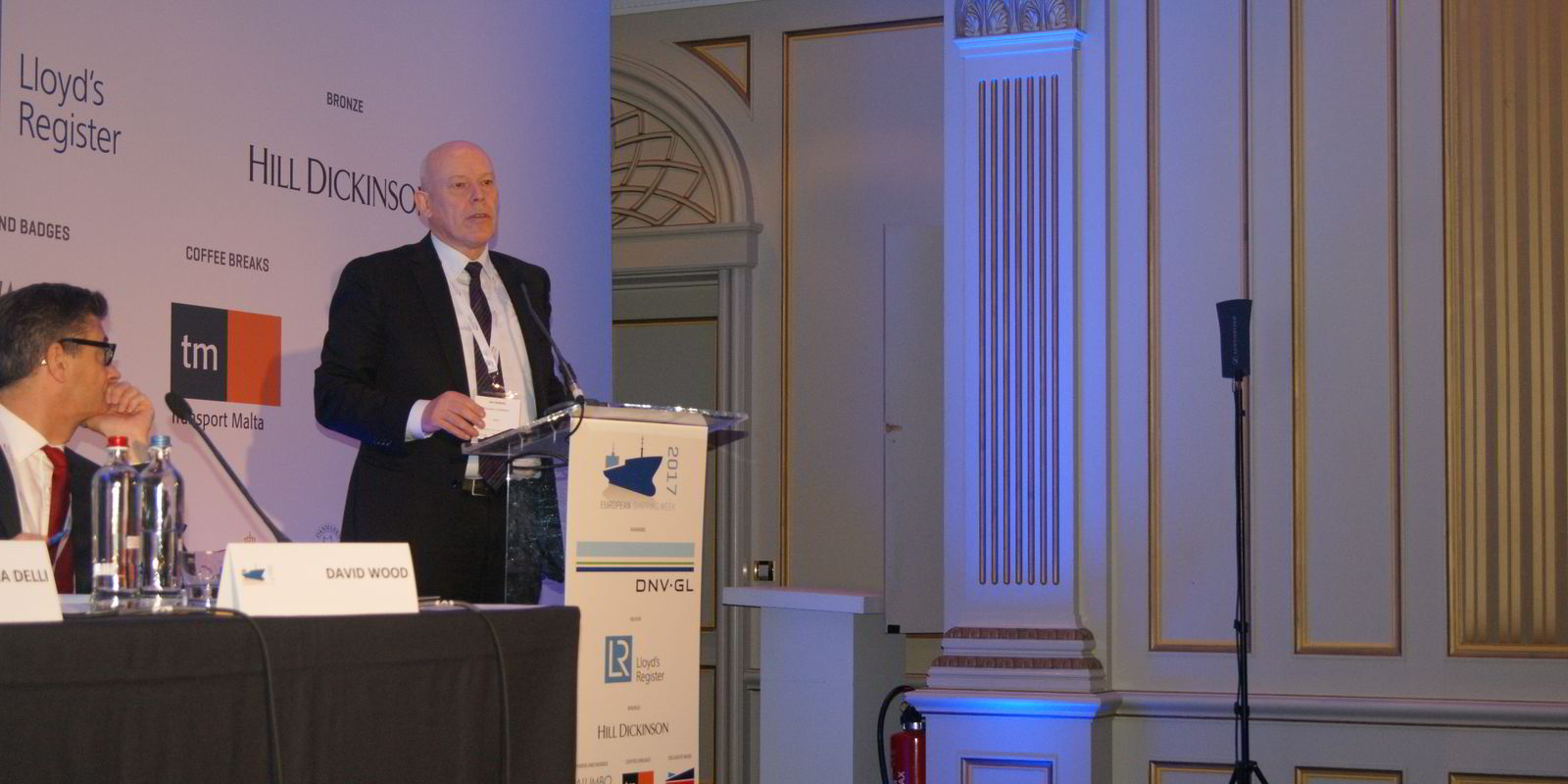Shipowners and associations have voiced dismay at the European Parliament’s vote to include shipping in the emissions trading system (ETS), saying such regional rules would hamper efforts at the International Maritime Organization to develop a fairer global regime.
On Wednesday, the parliament’s Environment Public Health and Food Safety Committee agreed to a series of amendments to the European Union’s system for monitoring, reporting and verifying CO2 emissions from maritime transport.
Among them, commercial operators of ships of 5,000 gt or more will be responsible for the emissions of their ships during voyages to, from and between EU ports.
“The industry is opposed to any regional regulation that risks undermining the global negotiations for eliminating all CO2 emissions from shipping worldwide and the comprehensive IMO strategy for achieving this,” Simon Bennett, deputy secretary general at the International Chamber of Shipping (ICS), said.
In 2018, member states of the IMO formed the consensus to phase out emissions from shipping while establishing decarbonisation targets for 2030 and 2050.
But the United Nations body has yet to finalise any regulations for vessels emissions, and European parliamentarians have deemed the progress at the IMO as insufficient
“While many of the amendments voted in favour are not in alignment with the Bimco recommendations,” Bimco deputy secretary Lars Robert Pedersen said. “The result is not a surprise having observed the statements of members of the committee lately.”
Bimco is the largest industry group for shipping by direct membership globally, while ICS members are national shipowners’ associations that together represent over 80% of the world’s merchant tonnage.
Preference of shipowners
Many shipowners favour a global fuel levy — one of the so-called market-based measures that are under discussions at the IMO — over regional emissions trading systems, such as the ETS.
“We are a global industry requiring a global regulatory framework to operate efficiently, and we think non-EU governments will have serious concerns about this proposal which they are likely to see as a regional tax on trade,” a source close to the ICS said.
Belgian owner CMB’s chief executive Alexander Saverys, seen as one of the leading advocates for shipping decarbonisation, also expressed opposition to the EU action.
“We are in favour of making carbon more expensive. This incentivises new technologies and bridges the cost gap between clean fuels and fossil fuels,” he said.
“But the best way to do this is via a global mechanism led by the IMO.”
The committee also agreed that revenues from auctioning allowances under the ETS will be used to establish an Ocean Fund, which can be used to improve the energy efficiency of vessels and to support investment in innovative technologies and infrastructure.
Moreover, vessels will not be allowed to emit greenhouse gas emissions at European ports by 2030.
“That will be impossible if ports don’t provide the necessary infrastructure,” Saverys said.
“The fund is a good idea in theory, but as we have seen in the past, the allocation of the cash usually turns into political wheeling and dealing. I hope the money will go to infrastructure as this can be used by all.”
Political tussle ahead
The amendments are due to be adopted during a plenary session scheduled for the 14 to 17 September in Strasbourg before the EU member states and the European Commission decide on their positions.
The institutions will then hammer out the details on an ETS for shipping if they can form consensus, but such regulatory process can take quarters.
While trade groups like the ICS are expected to continue lobbying against the inclusion of maritime transport, some environmentalists have complained that the EU has not moved fast enough.
“MEPs [Members of European Parliament] have delivered a wake-up call to the European Commission, which has focused too much on biofuels and hardly at all on making shipping pay for its pollution,” Transport & Environment shipping manager Faig Abbasov said.
“It should follow through on bringing the sector into the EU carbon market and stop dragging its heels on operational CO2 standards.”







